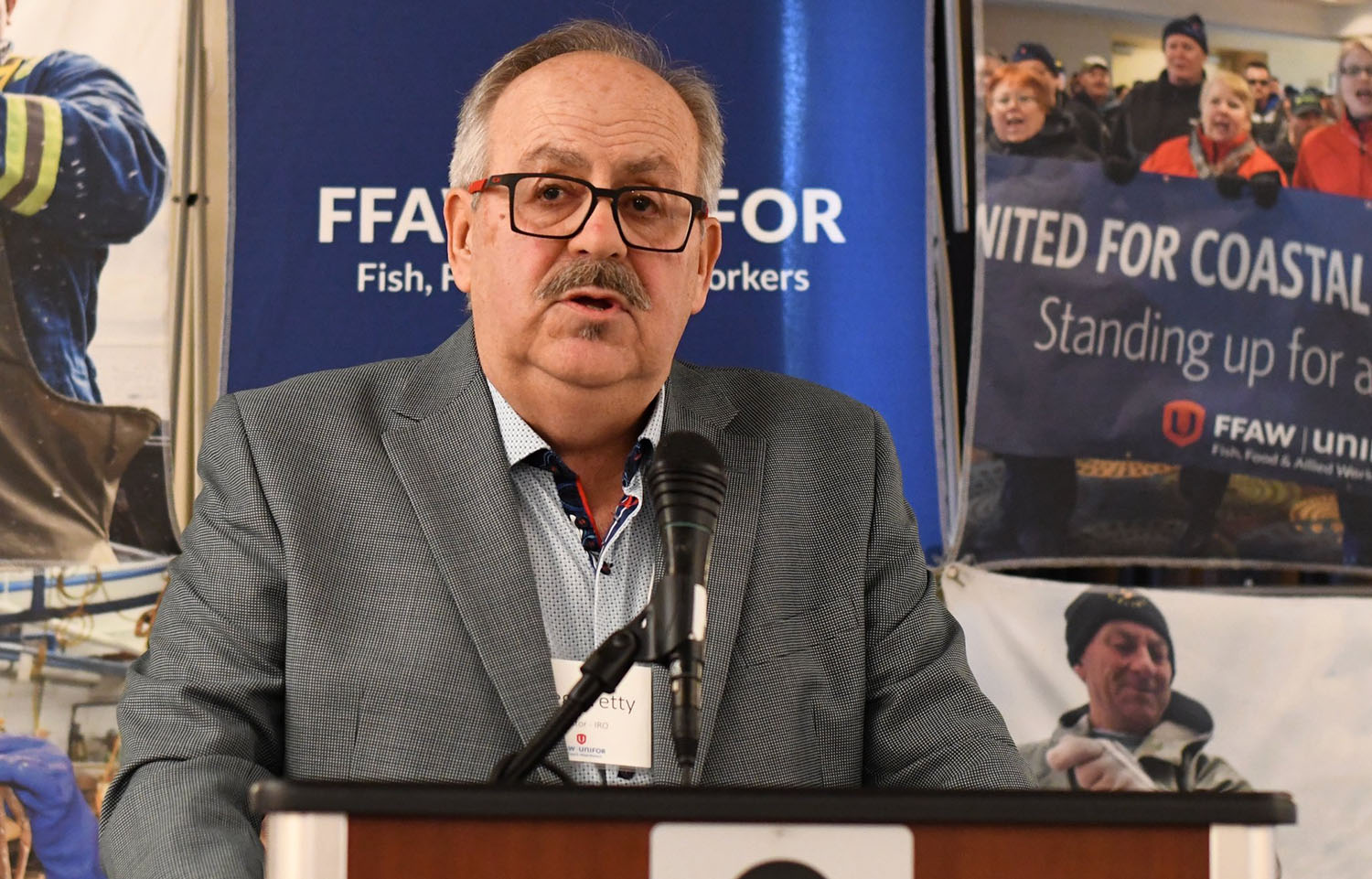An arbitrator has found the Fish Food and Allied Workers Union (FFAW) will have to pay damages related to costs incurred by seafood processors in Newfoundland and Labrador, Canada, when snow crab fishermen refused to fish for six weeks in 2023.
The Association of Seafood Producers (ASP), which represents seafood processors in the Canadian province, issued a release on 20 February providing an update on arbitration relating to the organization’s claim that the FFAW breached the Fishing Industry Collective Bargaining Act (FICBA) and the Master Collective Agreement (MCA). According to documents shared by the ASP, the arbitrator found that the FFAW declared a cessation of business – which runs “contrary” to the text of both the FICBA and the MCA.
The FFAW operates under both the FICBA and MCA, which establish rules for fishers and associations of fishers in the province of Newfoundland and Labrador. Both of the rules make a fishing strike illegal, and the arbitrator found that the actions of the FFAW constituted a strike.
Committees throughout the province vowed not to fish in April 2023 after the Newfoundland and Labrador Standard Fish Price Setting Panel – which sets the minimum price processors must pay fishermen for their catch – chose the ASP’s suggested CAD 2.20 (USD 1.62, EUR 1.50) per pound price for snow crab over the CAD 3.10 (USD 2.29, EUR 2.12) offer presented by the FFAW. That lower amount, the FFAW maintained, was not enough to be economically feasible.
“People can’t fish at [CAD] 2.20. They can’t hire crew, and they can’t generate enough to pay business loans, insurance, fuel, or bait and still break even at the end of the day,” FFAW President Greg Pretty said at the time. “When it comes to dollars and cents, this catastrophe rivals the cod moratorium. It’s absolutely remarkable that the largest crab fishery in the world can induce poverty right across our province in the blink of an eye.”
While the FFAW maintained that the tie-up was not a strike – insisting, rather, that it was a response to the economic realities of the price – the ASP pursued arbitration on the grounds that the tie-up constituted a strike that violated the FIBCA and MCA and also cost processors and the snow crab industry millions.
“It’s imperative that neither the FFAW or ASP seek to circumvent or ignore the price-setting process and undertake what is effectively economic warfare,” ASP Executive Director Jeff Loder said in a release. “The FICBA exists to restrict this type of behavior and ensure the value associated with the fishery, which is a public good, is realized for harvesters, processors, plant workers, and businesses who rely on the fishery.”
The ASP said its goal with the arbitration is to








